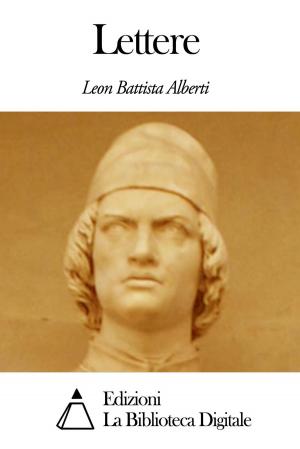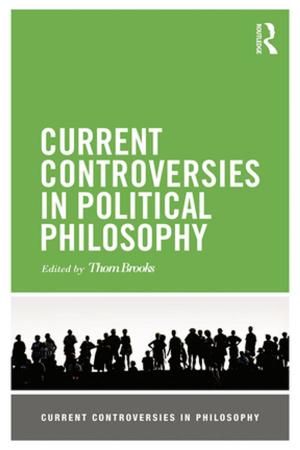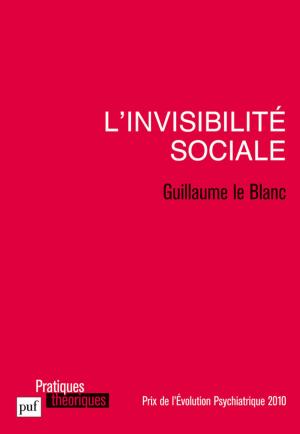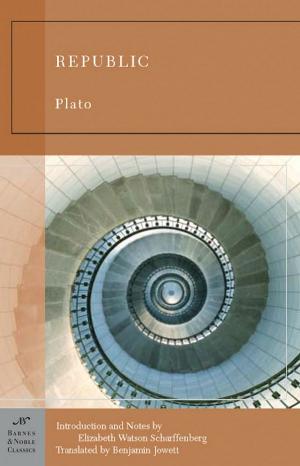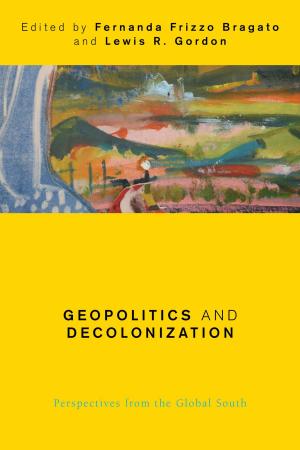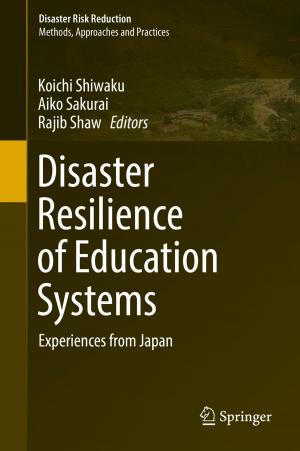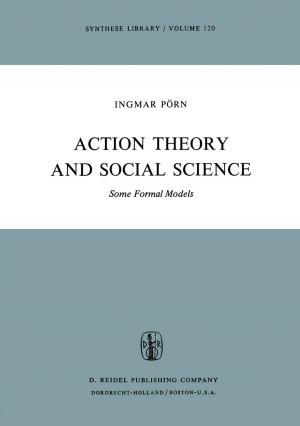A New Approach to Science
An exploration that fuses science and religion to perceive interpret and transform reality
Nonfiction, Science & Nature, Science, Other Sciences, Philosophy & Social Aspects, Religion & Spirituality, Philosophy| Author: | Leonardo Duque | ISBN: | 9781732008106 |
| Publisher: | Leonardo Duque | Publication: | March 2, 2018 |
| Imprint: | Leonardo Duque | Language: | English |
| Author: | Leonardo Duque |
| ISBN: | 9781732008106 |
| Publisher: | Leonardo Duque |
| Publication: | March 2, 2018 |
| Imprint: | Leonardo Duque |
| Language: | English |
This book enriches the four causes of Aristotelian thought—i.e., the material, formative, efficient and final causes (Duque, 1.992) – and a previously suggested fifth cause (Duque, 1.999), the Maturity Cause, using the same methodology discovered while working with the four causes.
Each of the five causes is associated with one or two methods of science and to a set of human faculties. The four causes taught by the Greeks are associated with the qualitative, the formative method, the experimental, the explicative method, and the exploratory and propositional methods which emerge from the Maturity Cause. The full conceptual framework based on the five causes is a useful tool for solving every day common issues as well as for resolving large individual and collective challenges.
The outcome of a New Approach to Science, which fuses notions from the Book of Creation and the Book of Revelation in a conceptual framework to perceive, interpret and transform reality, profoundly questions how science is conceived today.
Shogui Effendi in The World Order of Baha'u'llah said: “science and religion, (are) the two most potent forces in human life". What would be the synergic effect when they become reconciled?
The example of how usefull the New Approach to Science is, focuses on the situation of the farmers of the world:
In order to think about agriculture as a way to "lay a foundation for system" as 'Abdu'l-Bahá explained in "Foundations of World Unity", one has to examine the systems of education and labor. An educational system which revolves around agriculture should focus on monitoring and evaluating the teaching of the methods of sciences to the youth of the world, especially the daughters and sons of the farmers, so they can discover the potential of biodiversity and its results in terms of generating employment.
For example: there are close to 300,000 species of plants and there are scores of different chemical compounds in a leaf of a plant, each one of them with different potentialities. The same thing applies to the possible combinations of those scores of different chemical compounds; each has its potential for agriculture, nutrition, health or industrial uses. John McMurry said referring to the plant kingdom:“It has been estimated that well over 300,000 secondary metabolites exist, and it is thought that their primary function is to increase the likelihood of an organism’s survival by repelling or attracting other organisms.” How many beneficial species of insects, bacteria, viruses and fungus do we know?
Because my work has been dedicated to the relentlessly persecuted Bahá’ís of Iran, I suggest this endeavor to be the continuation of the “Education is not a crime” initiative, and I would certainly love to be part of it.
The proceeds of you buying this book will be mainly directed towards the development of a curriculum in order to contribute to the teaching of the methods of sciences to the youth of the world.
This book enriches the four causes of Aristotelian thought—i.e., the material, formative, efficient and final causes (Duque, 1.992) – and a previously suggested fifth cause (Duque, 1.999), the Maturity Cause, using the same methodology discovered while working with the four causes.
Each of the five causes is associated with one or two methods of science and to a set of human faculties. The four causes taught by the Greeks are associated with the qualitative, the formative method, the experimental, the explicative method, and the exploratory and propositional methods which emerge from the Maturity Cause. The full conceptual framework based on the five causes is a useful tool for solving every day common issues as well as for resolving large individual and collective challenges.
The outcome of a New Approach to Science, which fuses notions from the Book of Creation and the Book of Revelation in a conceptual framework to perceive, interpret and transform reality, profoundly questions how science is conceived today.
Shogui Effendi in The World Order of Baha'u'llah said: “science and religion, (are) the two most potent forces in human life". What would be the synergic effect when they become reconciled?
The example of how usefull the New Approach to Science is, focuses on the situation of the farmers of the world:
In order to think about agriculture as a way to "lay a foundation for system" as 'Abdu'l-Bahá explained in "Foundations of World Unity", one has to examine the systems of education and labor. An educational system which revolves around agriculture should focus on monitoring and evaluating the teaching of the methods of sciences to the youth of the world, especially the daughters and sons of the farmers, so they can discover the potential of biodiversity and its results in terms of generating employment.
For example: there are close to 300,000 species of plants and there are scores of different chemical compounds in a leaf of a plant, each one of them with different potentialities. The same thing applies to the possible combinations of those scores of different chemical compounds; each has its potential for agriculture, nutrition, health or industrial uses. John McMurry said referring to the plant kingdom:“It has been estimated that well over 300,000 secondary metabolites exist, and it is thought that their primary function is to increase the likelihood of an organism’s survival by repelling or attracting other organisms.” How many beneficial species of insects, bacteria, viruses and fungus do we know?
Because my work has been dedicated to the relentlessly persecuted Bahá’ís of Iran, I suggest this endeavor to be the continuation of the “Education is not a crime” initiative, and I would certainly love to be part of it.
The proceeds of you buying this book will be mainly directed towards the development of a curriculum in order to contribute to the teaching of the methods of sciences to the youth of the world.

